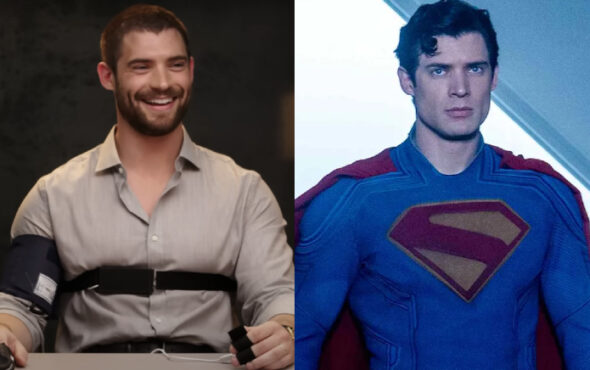
The US government has declared the monkeypox outbreak a public health emergency.
Over the last few months, countries worldwide have seen a steady increase in monkeypox infections.
According to the Centers for Disease Control and Prevention, there are a total of 26,864 confirmed cases.
Currently, the US has the world’s biggest monkeypox outbreak, with over 6,600 cases across the country.
Due to the alarming amount of infections, Health and Human Resources Secretary Xavier Becerra declared a public health emergency.
“We are prepared to take our responses to the next level in addressing this virus, and we urge every American to take monkeypox seriously and to take responsibility to help us tackle this virus,” he said via a press briefing.
Robert Fenton, the White House’s newly appointed national monkeypox response coordinator, echoed similar sentiments in response to the landmark announcement.
“This public health emergency will allow us to explore additional strategies to get vaccines and treatments work quickly out to the impacted communities,” Fenton said.
“And it will allow us to get more data from jurisdictions so we can effectively track and attack this outbreak.”
I remain committed to our monkeypox response: ramping-up vaccine distribution, expanding testing, and educating at-risk communities.
That’s why today’s public health emergency declaration on the virus is critical to confronting this outbreak with the urgency it warrants.
— President Biden (@POTUS) August 4, 2022
With the public health emergency officially announced, the US government will have access to more resources and funds that will help expand testing sites, vaccine availability and medical treatment.
However, in the weeks up to the aforementioned announcement, the Biden Administration faced backlash from activists and health advocates over their initial response to monkeypox.
In a statement to The Hill, Georgetown University’s global health law professor Lawrence Gostintol described the move as a “pivotal turning point.”
“Up until now, the administration has repeated all the mistakes we have seen on display during the COVID-19 pandemic, including sporadic testing, incomplete data and severe shortages of drugs and vaccines. But the White House has the wind at its back,” he explained.
The Biden administration’s recent declaration comes nearly two weeks after the World Health Organization (WHO) declared monkeypox a global health emergency.
“In short, we have an outbreak that has spread around the world rapidly through new modes of transmission about which we understand too little and which meets the criteria in the international health regulations,” said WHO Director General Dr Tedros Adhanom Ghebreyesus during a press conference on 23 July.
“For all of these reasons, I have decided that the global monkeypox outbreak represents a global health emergency of international concern.”
To learn more about monkeypox, click here.



